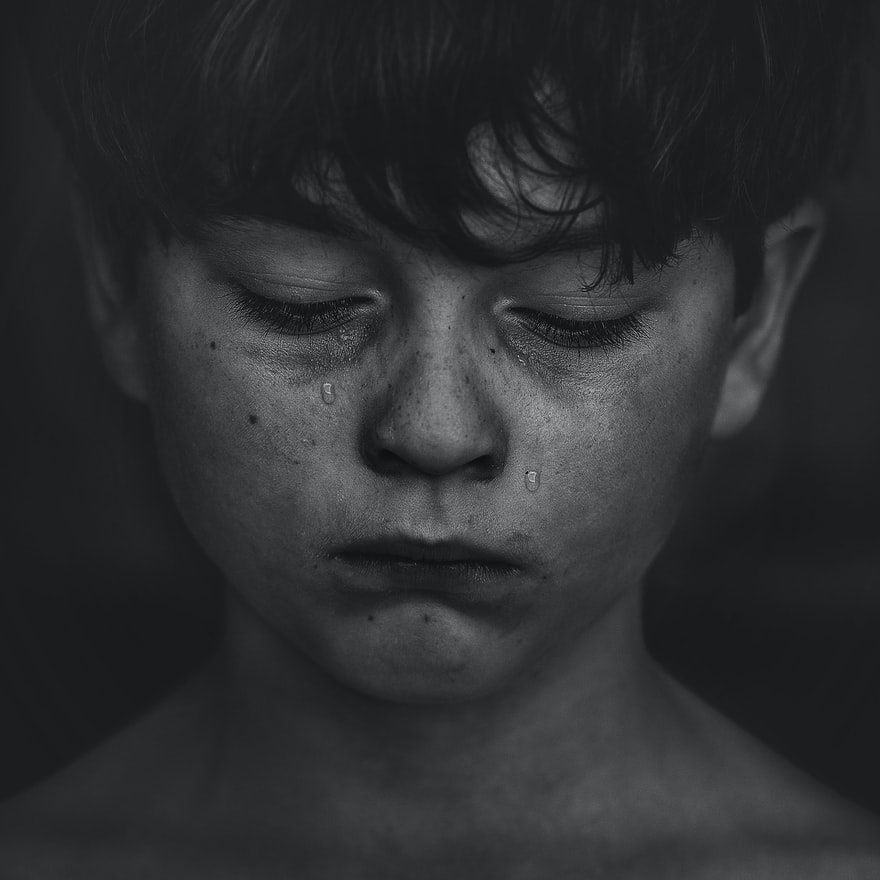
The Top Guide To Childcare When Divorcing
What is the most effective strategy to support your family when divorcing? Every circumstance — and every family — is unique. On the other hand, these tips can help kids, teens, and families cope with the process.
Assisting Children in Managing Their Emotions When Divorcing
Encourage kids to express their thoughts on what’s going on, whether they’re happy or sad about it.
Parents who divorce — or who have previously split — should sit down with their children and encourage them to express their thoughts and feelings. But keep your emotions apart from this. Assure your children that their emotions are valid, natural, and significant. Let them know you’re capable of dialogue about even the most challenging or unpleasant emotions.

Avoid problem-solving and attempting to modify a child’s feelings during these interactions. Instead, concentrate on listening and complimenting children for their honesty. Most children experience a loss of family, which may accuse you or another parent — or both — for their problems. As a result, you’ll need to be prepared to respond to any questions or concerns your children may have.
Make it a point to talk about your divorce and how it’s impacting your children regularly. As they get older and more mature, children may have questions or worries they hadn’t previously considered.
Keep the conversation going, even if it feels like you’ve covered the same ground previously. If feasible, sit down with the other parent, and prepare how you’ll talk about what’s going on.
If you’re worried you’ll lose your cool, have someone else (a relative, maybe) talk to your kids. It’s natural for children to be sad when their parents are, but being too emotional might make them feel responsible for their parents’ sentiments.
If your kids witness you struggling with a painful feeling, try to model good coping as much as you can. Make an effort to:
For them, put a label on your emotion (“I’m sad right now”).
Explain that it’s OK to feel sad at times (“It’s OK and normal for me to feel sad”).
Discuss how you’ll deal with your negative emotions (“Baking cookies with you or playing outside usually makes me feel better when I’m unhappy”)
It’s common for children to experience a range of emotions after a divorce. They may feel guilty and believe they are to blame for the situation. This is especially true if the children have overheard their parents arguing about them. Children and teenagers may be angry, afraid, or concerned about their future.
If they express these feelings, comfort them that this isn’t the case while reminding them that it’s a common occurrence.
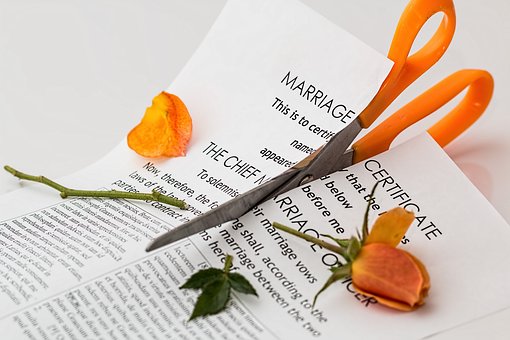
Although children may suffer for a long time after a divorce, the true damage is generally realized during a two- to three-year. Some people will be able to express their emotions during this period. Depending on their age and development, other children will simply be unable to communicate. Instead, they may act out or get melancholy. This might indicate a reduction in grades or a loss of interest in extracurricular activities for school-aged children. These emotions are frequently displayed during play for younger children.
With young children, be wary of the “sleeper effect”: they may make huge changes in stride at first, but disruptive habits or difficult emotions might emerge years later. Even if they appear to be fine with the large changes, communicating honestly with them and modeling good coping can help prevent future problems.
It’s easy to urge a youngster not to feel a certain way, but children (and adults) have a right to their emotions. And if you attempt to make your kids put on a “happy face,” they may be less inclined to tell you how they feel.
Group programs for divorced children conducted by schools or faith-based groups are a great resource for children and families who need assistance in these early phases.
If you want to read more about childcare during a divorce, let us know in the comments for part two.


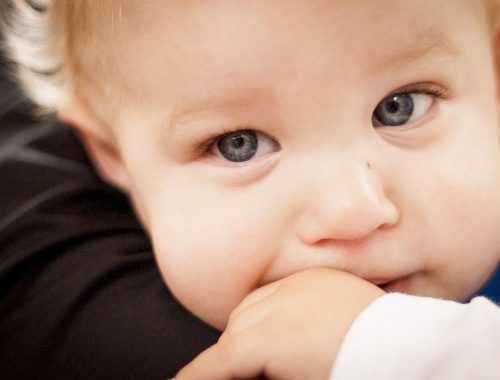
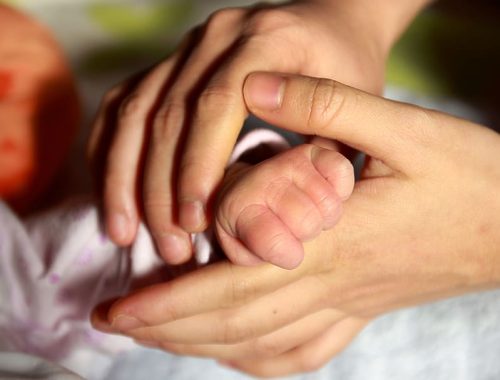
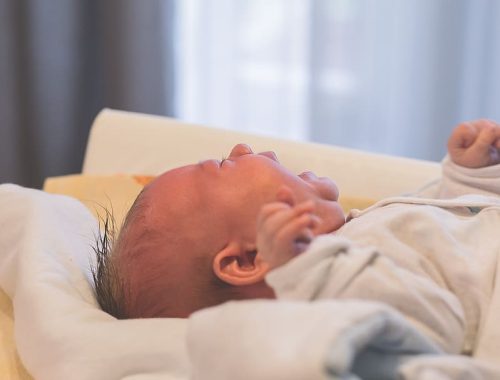
One Comment
Pingback: